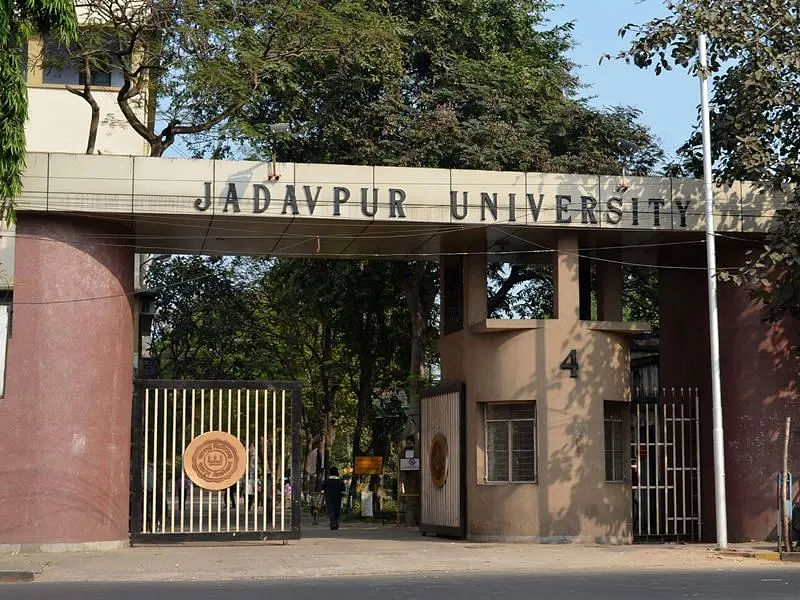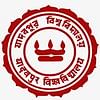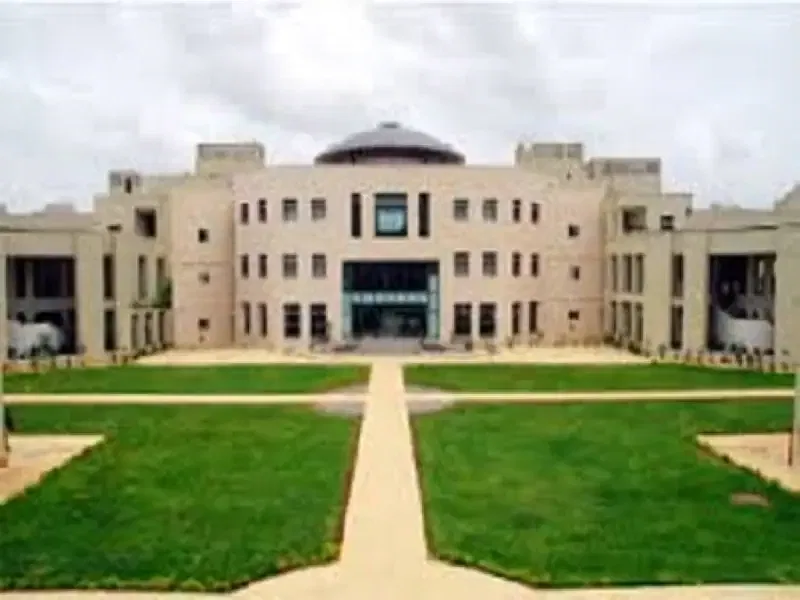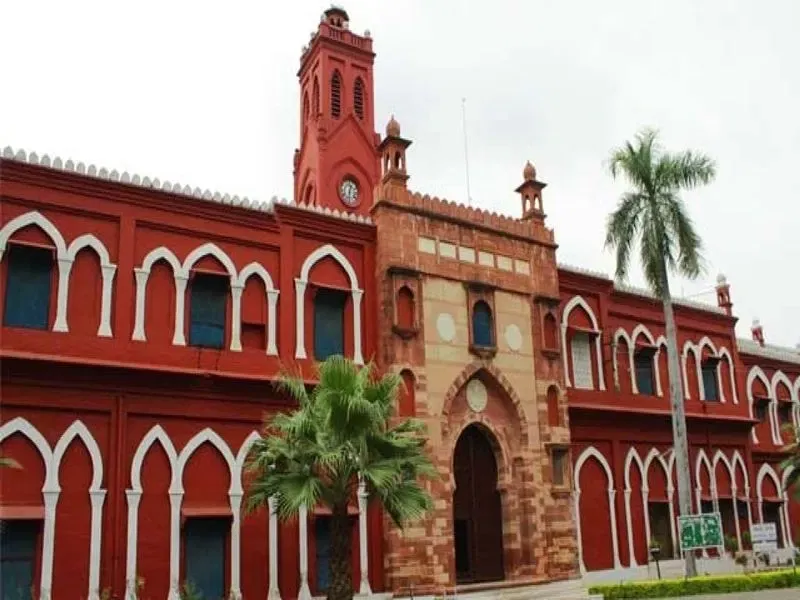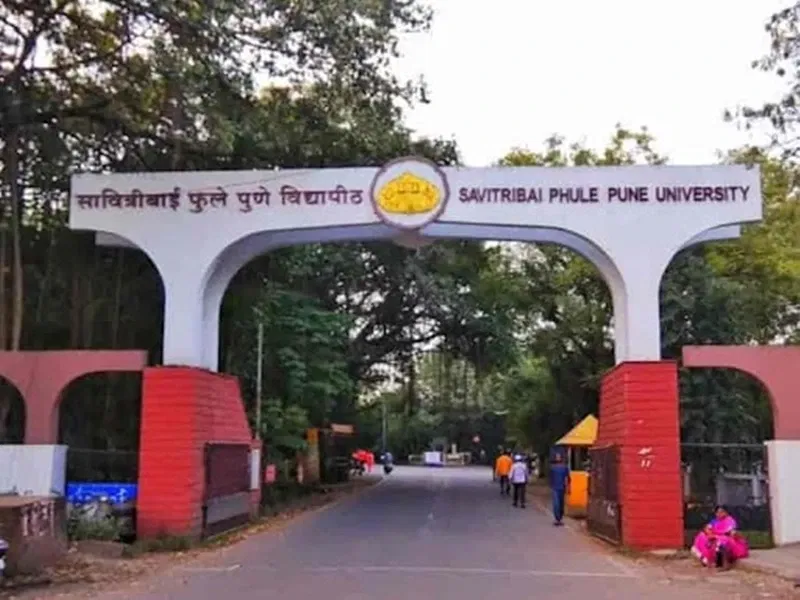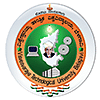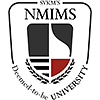MA History Syllabus and Subjects

The MA History syllabus consists of advanced, in-depth knowledge about World history, Indian history, Aspects of Ancient India, Modern India, and Politics. The MA History course is divided into four semesters over two years.
Many topics are covered in the MA History syllabus, opening quite lucrative career possibilities. Content Writers, Museum Curators, Museum Directors, Copy Editors,etc., are a few of the MA History Jobs scope open to students after graduation.
Table of Contents
Semester Wise MA History Syllabus
The MA History Syllabus aims to provide applicants with a full understanding of all the key aspects of Ancient History, World History, Indian History, and Modern World History, as well as how they relate to current events. Below is the semester-based M.A. History Syllabus:
MA History First Year Syllabus
Below is the MA History 1st semester syllabus and MA History 2nd semester syllabus:
|
Semester I |
Semester II |
|
Social And Cultural History Of India Upto A.D 1526 |
Social and Cultural History Of India From A.D 1526 TO A.D 1773 |
|
Social And Cultural History Of Tamil Nadu From Sangam Age To A.D 1565 |
Social and Cultural History Of India From A.D 1773 TO A.D 2000 |
|
Modern World 1800 - 1920 A.D. |
Contemporary World 1920- 200 A.D |
|
Historiography |
Modern Chattishgarh |
| Evolution of Ideas and Institutions in Ancient India |
Evolution of Ideas and Institutions in Medieval India |
MA History Second Year Syllabus
The M.A. History syllabus for the third and fourth semesters are provided below:
|
Semester III |
Semester IV |
|
History of World Civilizations (excluding India)- Ancient Period |
History of World Civilizations (excluding India) Medieval and Modern Period |
|
Colonialism and Nationalism in Modern India |
India's Foreign Policy – Since A.D 1947 |
| Society and Culture of Medieval India (c.1200 to 1540) |
Political and Administrative History of Modern India (1858 - 1964) |
| Economic History of Medieval India (1200-1540) |
Economical, Social, and Cultural History of Modern India (1858 - 1964) |
|
Indian Polity and Economy in the Sultanate Period (1200 - 1526 A.D.) |
Economic History of Modern India till 1947-II |
|
Society and Culture in the Sultanate Period (1200 - 1526 A.D.) |
Project/Dissertation |
MA History Subjects
Several historical facts relating to India, the Modern World, and the Ancient World are the focus of MA History subjects. The following is a list of MA History core and elective subjects:
MA History Core Subjects
The foundational courses in the MA History History offer the development of historical knowledge and its use in a variety of related fields. The following is a list of MA history courses:
- Social And Cultural History Of India Upto A.D 1526
- Social And Cultural History Of Tamil Nadu From Sangam Age To A.D 1565
- India's Foreign Policy – Since A.D 1947
- Historiography
- Modern World 1800- 1920
- Ancient and Medival Chhattisgarh
- Contemporary World 1920 - 2000 A.D.
- History of Medieval India (1526-1605)
- Nationalist Movement (1885-1919)
- Evolution of Ideas and Institutions in Ancient India
- Evolution of Ideas and Institutions in Medieval India
- History of Medieval India (1605-1707)
- Nationalist Movement (1920-1947)
- Modern World-II
MA History Elective Subjects
The electives allow candidates to gain skills in various field related to the discipline of the course. The list of elective subjects are given below:
- Intellectual History Of India
- Economic History Of India 1526 -1947 AD
- Archives Keeping
- India Geography
- History Of The Subaltern People
- Economic History Of Modern India
- Fundamentals of National Security
- Indian Constitution and Administrative Theory
- Tourism Theory
- Central and Provincial Administrative System of India
- Tourism Theory and Principles in References of History
MA History Subjects in Detail:
The MA History syllabus covers a wide range of topics related to world and Indian history. Below are MA History subjects in detail:
| MSW Course. Subjects | Topics Covered |
| Social Culture and History of India | Sources of Ancient Indian History, Age of Mauryas, Brahminical Cultural Revival, Religion and Society, Social Change and life, Art and Architecture. |
| History and its Practice | Operations in Research Methodology, . Schools of History Writing, Recent developments in methodology. |
| Evolution of Ideas and Institutions in Medieval India | Defining medieval India, Sources: Perceptions, Limitations, Range, The state in medieval India: perceptions and practice, . Administrative Systems, Medieval Indian society. |
| Nationalist Movement | Concept of Nationalism, Rise of Extremism, Partition of Bengal and Swadeshi Movement, Deoband Movement, Genesis of and reactions to Montague’s Declaration. |
| Modern World | Theories of Modern World, Theories of State, Commercial Capitalisms, Capitalist Industrialization, Socialist Industrialization. |
MA History Course Structure
Core subjects and electives are the two categories that make up the MA in History syllabus. Some topics covered in the course using the CBCS system are ancient, Indian, and contemporary world history. The following points briefly highlight the course structure:
- IV Semesters
- Core subjects
- Elective subjects
- Research and Thesis
- Projects/Assignments
MA History Teaching Methodology and Techniques
The M.A. History syllabus employs various instructional methodologies to help students comprehend the broad range of information presented in their seminars. Some of the MA History syllabus teaching methodologies is outlined below:
- Live Demo Sessions
- The emphasis of Practical and Theoretical Learning
- Guest Lectures, Seminars, and Workshop
- Group Assignment and Discussion
- Learning through Site Visits
- Research & Development
MA History Projects
Gender equality, the feminist movement, educational advancement, and cultural icons are all topics included in the MA History syllabus. The most common MA History subjects project include the following:
- Third-wave feminism and it's Role in Modern Inida
- New Religious Movements in India
- Economic context of a Mughal Empire
- The Implications od British Raj to Castesim and Hierarchy in India
MA History Reference Books
List below are the some of the best reference books for the MA in History syllabus:
|
Books |
Authors |
|
Ordinary and Partial Differential Equations |
M D Raisinghania |
|
Essentials Of Educational Psychology |
S.K. Mangal |
|
History of English Literature |
Edward Albert |
|
Adhunik Bharat Ka Itihas |
Bipan Chandra |
|
Integral Equations And Boundary Value Problems |
Dr. M. D. Raisinghania |
Top MA History Colleges
Top Arts Entrance Exams
MA History Fee Structure
FAQs on MA History Syllabus and Subjects
Q: How many subjects are there in MA History Syllabus?
Q: Is MA History good?
Q: What is the main subject of MA History?
Q: Can I do a MA History without BA History?




